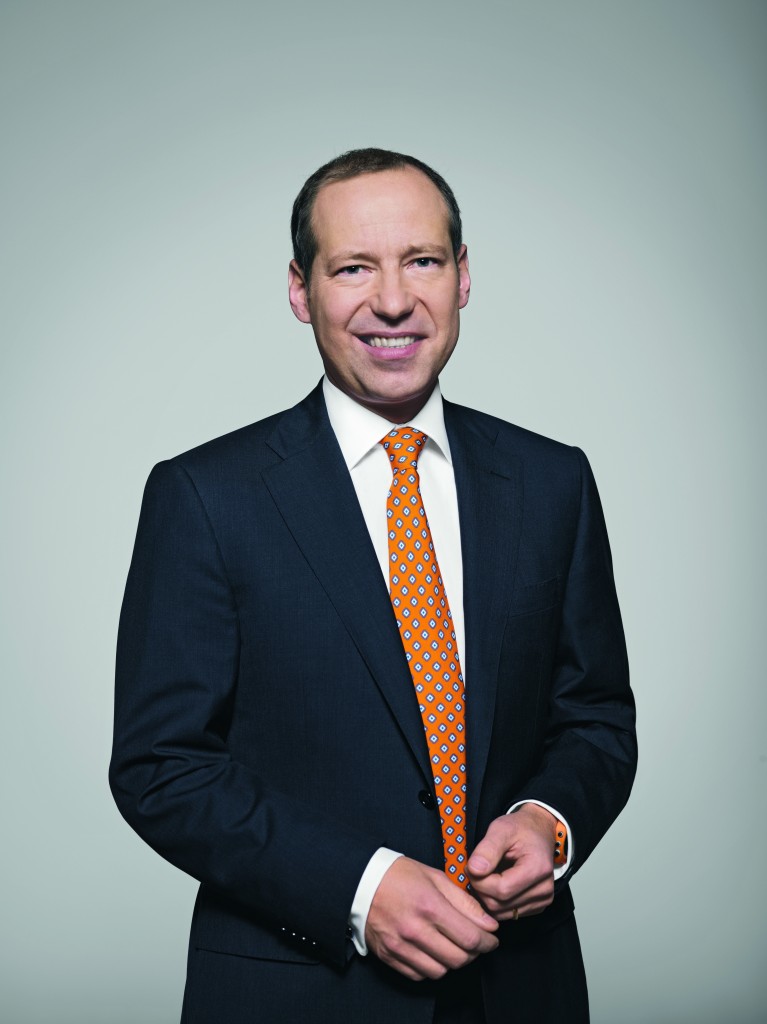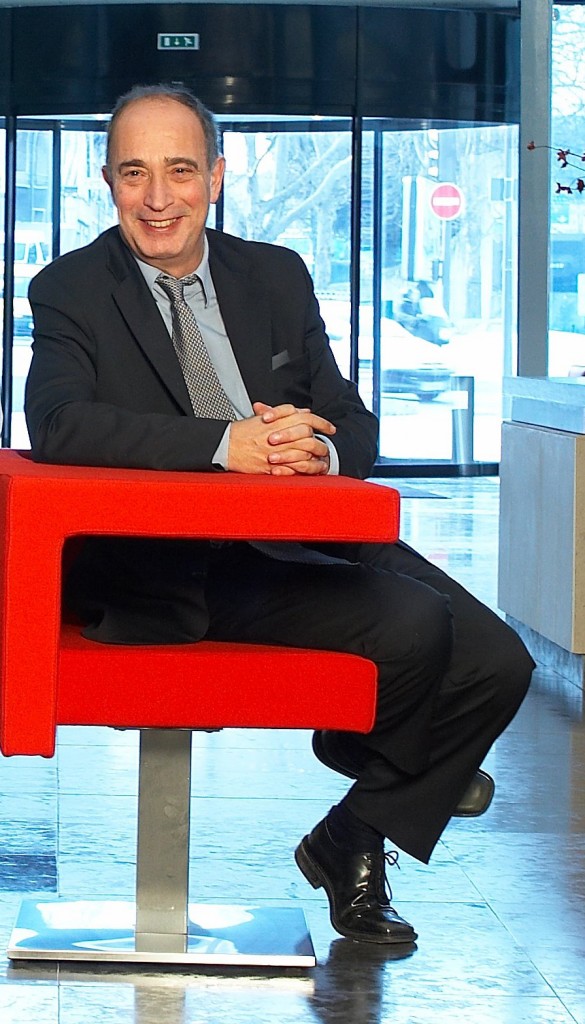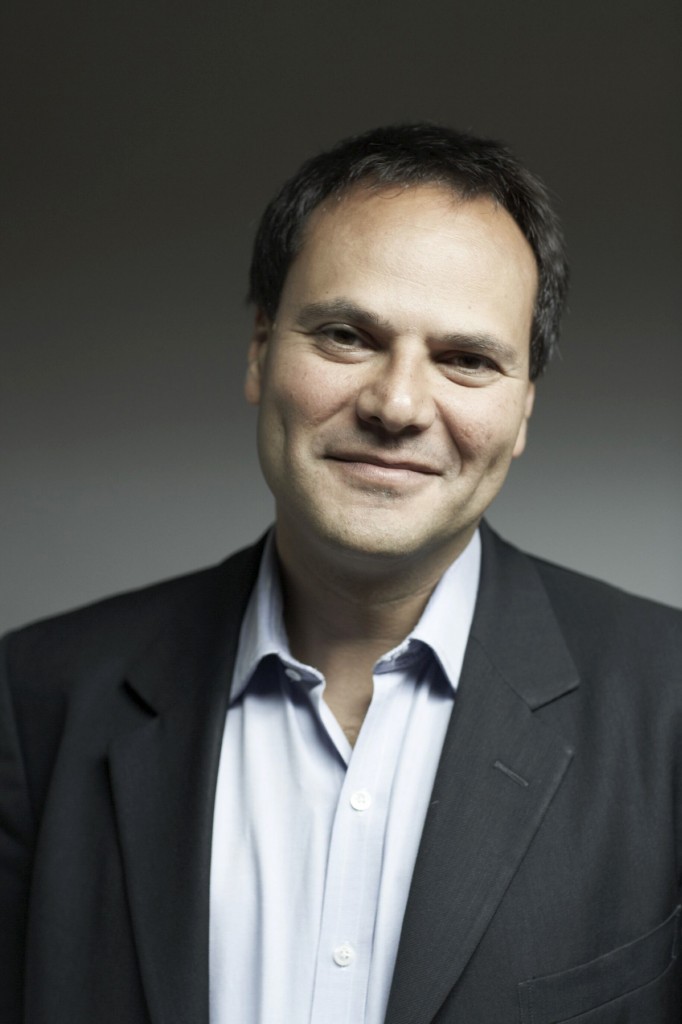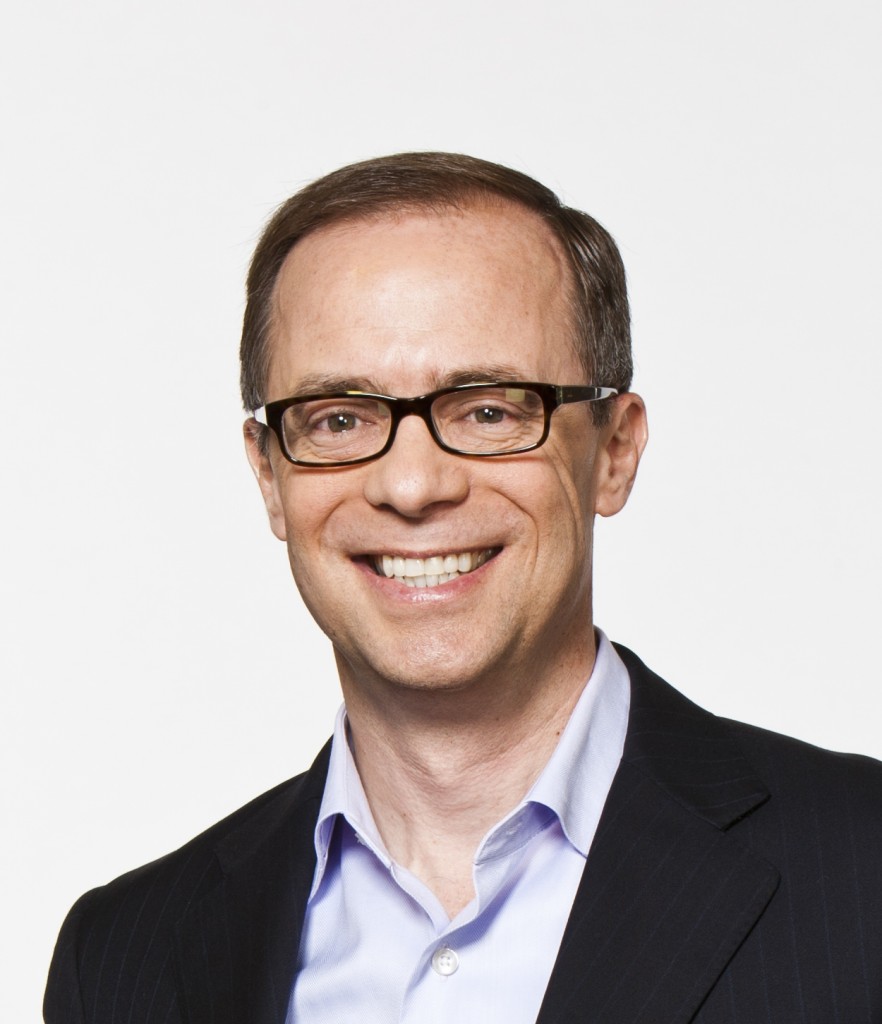Jo Bowman talks to four of the most influential CEOs in our industry about merging data streams and why the role of market research is as valued as before.
GfK CEO, Matthias Hartmann

Digitalisation has introduced an abundance of new touchpoints for brands, products and services. At GfK, our promise is to deliver a truly holistic picture of consumers and so we cannot ignore the massive data sources today’s mobile and digital lifestyle brings – we must tap into these, and integrate them with the wealth of information we already have.
To give just two examples: Combining the digital touchpoint experience with the actual purchasing behaviour we track in our consumer panels is key to advising our clients on the effectiveness of their cross-media advertising campaigns. Combining retail sales data with online pricing intelligence is key to developing the most profitable pricing strategy. This is one of many instances where we combine various data sources, and the list gets longer every day.
Ipsos chairman and CEO, Didier Truchot

I think that everybody in this industry is doing their best to manage in this new situation with many sources of information. And there are several reasons why I think our sector is well positioned to help clients deal with this. That is why, we have decided, at Ipsos, to adopt the new signature “Game Changers”, to show that we are mobilised to support our clients in their own transformation.
We have deep knowledge about how different sources can be used – which make sense from a quantitative perspective, and which should be used with more caution – because not all data sources are equal or interchangeable. This industry maintains a professional and neutral point of view about all these data sets, including the data we produce ourselves.
Kantar CEO, Eric Salama

Everyone who I have worked with knows the importance I attach to the centrality of human curiosity and creativity to great insight work. But we cannot ignore the impact which big data is having on our industry.
Clients have multiple sources of data – from their CRM systems and touchpoints with their consumers, social media, tagging of sites and panels – all of which can be analysed at low cost and which offer the opportunity to deliver real-time and predictive insights. We need to understand how different sources of data combine with each other to produce insights, and we need to develop a generation of chefs – people who are comfortable making meals from a variety of data ingredients.
Nielsen CEO, Mitch Barns

Research has to adapt by integrating new data sources and techniques with traditional panel and survey data. This often will involve negotiating with multiple information owners who will share their data only with those they trust to keep it safe and use it impartially. This kind of calibration is becoming even more important, because today’s definition of big data will often not be big enough. Similarly, big data generally accumulates as opposed to being constructed. Making the big datasets useful requires calibration— to adjust, clean, or calibrate the data or to make it representative. Often the best way to do that is to leverage high-quality panels or survey data sets that function as a source of truth.
If you’re an ESOMAR member you can read the full article in MyESOMAR in the digital copy of Research World. If you are not a member of ESOMAR you can join and receive a free copy of Research World 6 times a year or alternatively you can sign up for a subscription of the magazine in our publications store.



2 comments
It’s great to see the positive reaction of MR leaders to the explosion of data and feedback sources that they now have to contend with. Seeing this new landscape as an opportunity that can be aligned with the complex and specific skills of researchers, rather than a threat to the status quo, demonstrates the true forward-thinking nature of our industry. I particularly agree with Kantar’s Eric Salama when he says MR needs to develop a generation of ‘chefs…who are comfortable making meals from a variety of data ingredients’ as this is exactly what we believe will drive the successful evolution of the research world.
Thanks for the sharing.